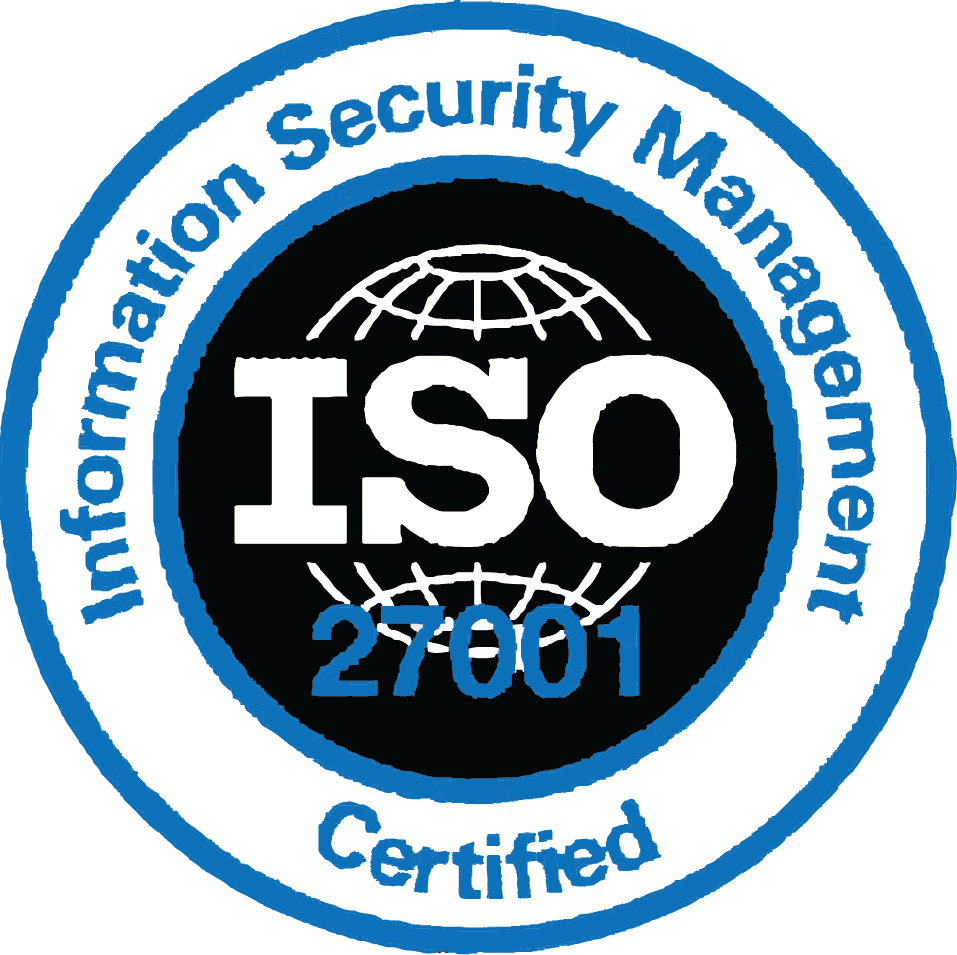Modern businesses run the risk of losing their customers, their competitive edge, having a lower level of consumer loyalty, and a higher rate of employee turnover if they are unable to quickly adapt to the changing conditions.
API management is essential for fostering innovation and corporate agility. With APIs, companies may safely share their digital assets with partners and developers from outside the company, including data and functionality.
In a corporate and multi-cloud scenario, the process of building, publishing, and managing API connections is referred to as API management. It is a scalable and uniform platform that enables businesses to share and socialise their API setups while limiting access, gathering and analysing usage data, and enforcing related security standards. This is more than just a location for these API connections to dwell.
How API management works in a Small Business Enterprise
To ensure that APIs are built, published, secured, monitored, and analysed in a controlled and methodical manner, API management entails a number of phases and processes. An overview of the same is provided below:
API Design: Designing user-friendly APIs that address the individual requirements of developers and end users is the first step in API administration. The API’s endpoints, parameters, and data types must all be specified, along with the authentication and authorisation procedures.
API Publishing: The API must be released after it has been created for developers and end users. To facilitate its adoption, it entails registering the API on a developer portal and offering support and documentation.
API Security: APIs must be protected against misuse and illegal access. This entails putting in place authentication and authorization procedures to guarantee that only approved users and programmes can access the API, as well as security measures like rate restriction, encryption, and data masking to safeguard the information and resources the API exposes.
API Gateway: A software layer called an API gateway act as a control point for managing API traffic and is placed between an API and the users. Together with capabilities like rate limitation, caching, and load balancing, it manages authentication, routing, and security enforcement.
API Monitoring: It becomes necessary to ensure that APIs are operating properly and to identify any emerging problems. This comprises keeping an eye out for security threats and vulnerabilities as well as the API’s availability, response speed, and error rate.
API Analysis: API analytics reveal information on how, by whom, and how well, an API is being utilised. This data can be used to pinpoint problem areas, guide future development, and enhance API functionality.
Comparison of the Top 10 Best API Management Tools
There are several API management tools available, and each has advantages and disadvantages of its own. The top 10 API administration tools are contrasted in the following table:
|
Tool |
Features |
Deployment |
Pricing |
Who can use? |
|
MuleSoft |
API Gateway, Developer Portal, Analytics, Security, Integration |
Cloud, On-Premises |
Contact Sales |
Organizations that require both API administration and integration skills are most suited for using it. |
|
Apigee |
Analytics, Security, Developer Portal, Monetization |
Cloud, On-Premises |
Contact Sales |
Large businesses and organisations that need an effective API management solution should incline towards it. |
|
AWS API Gateway |
API Gateway, Developer Portal, Security |
Cloud |
Pay-As-You-Go |
Organizations who use Amazon as their cloud provider are the greatest candidates for this solution.
|
|
Azure API Management |
API Gateway, Developer Portal, Analytics, Security |
Cloud |
Pay-As-You-Go |
The greatest candidates for the requisite are businesses that use Azure as their cloud provider. |
|
Tyk |
API Gateway, Developer Portal, Analytics, Security |
Cloud, On-Premises |
Free, Pro, Enterprise |
Organizations needing a flexible, adaptable API management solution are best served. |
|
3scale |
API Gateway, Developer Portal, Analytics, Security |
Cloud |
Free, Pro, Enterprise |
Organizations needing a robust API management solution that can relate to other systems are best served.
|
|
WSO2 |
API Gateway, Developer Portal, Analytics, Security |
Cloud, On-Premises |
Free, Standard, Enterprise |
Organizations needing a flexible, adaptable API management solution are best served here. |
|
Postman |
API Development, Documentation, Testing |
Cloud |
Free, Pro, Enterprise |
Organizations needing a simple, lightweight API development tool should choose this solution. |
|
Kong |
API Gateway, Service Mesh, Developer Portal, Analytics |
Cloud, On-Premises |
Free, Enterprise |
Organizations needing a flexible, adaptable API management solution are best served. |
|
IBM API Connect |
API Gateway, Developer Portal, Analytics, Security |
Cloud, On-Premises |
Contact Sales |
The enterprises who require a reliable API management solution that can relate to other IBM services are the best candidates for this solution. |
Note that the pricing for most API management tools varies depending on usage and specific features. It’s always best to contact the provider directly for accurate pricing information.
What is the role of API management in enterprise automation?
API management is essential to enterprise automation because it gives businesses the ability to efficiently manage and govern their APIs.
The development, deployment, and maintenance of these APIs are all streamlined with the aid of API management in enterprise automation, which uses these APIs to integrate various business processes and systems. Among the principal functions of API administration in business automation are:
API Governance: API management offers a central platform to control how APIs are used and accessed. This makes it easier to guarantee that API usage complies with corporate guidelines and legal obligations.
API Security: API management offers capabilities like authentication, authorization, encryption, and threat detection to assist secure APIs. This aids in defending against online dangers and data breaches.
API Lifecycle Management: From design and development to deployment and retirement, API management offers solutions for controlling the whole API lifecycle. This makes it easier to make sure that APIs are properly updated and match the company’s changing demands.
API Analytics: API management offers in-the-moment analysis of API performance and usage. This aids in API optimization and makes sure they are producing the required business results.
Conclusion
Herein, in the requisite domain of API Management, VE3 plays a vital role by offering a range of services that include API design and development, security and access management, monitoring and analytics, documentation, and integration with other systems to help organizations efficiently manage their APIs. Moreover, we offer solutions for automating the management of APIs, such as implementing API gateways and API management platforms, which streamline API development and deployment, reduce complexity, and improve performance. And not to forget, we ensure compliance with industry standards and regulations related to API usage, such as GDPR and PCI DSS.


















